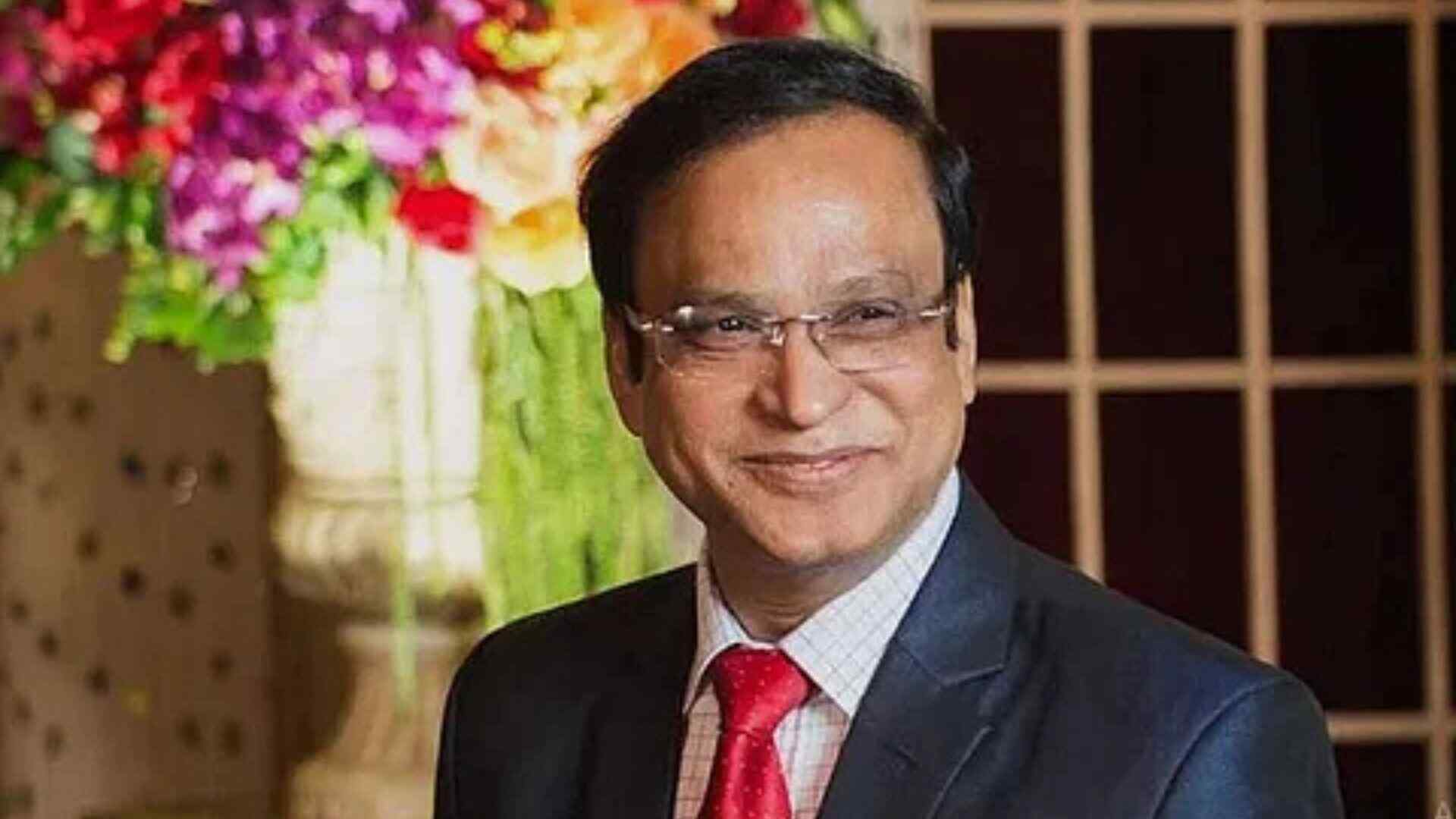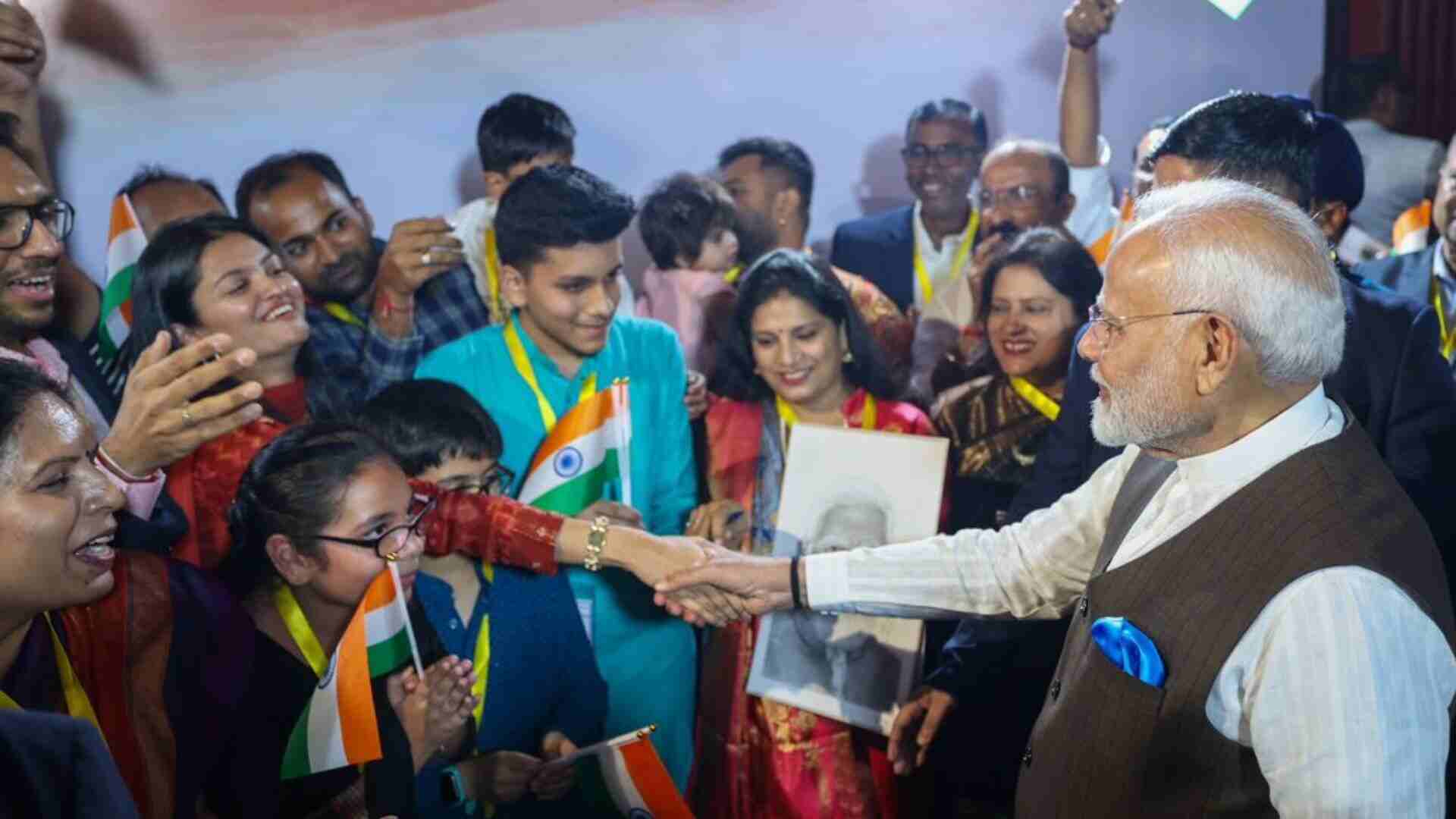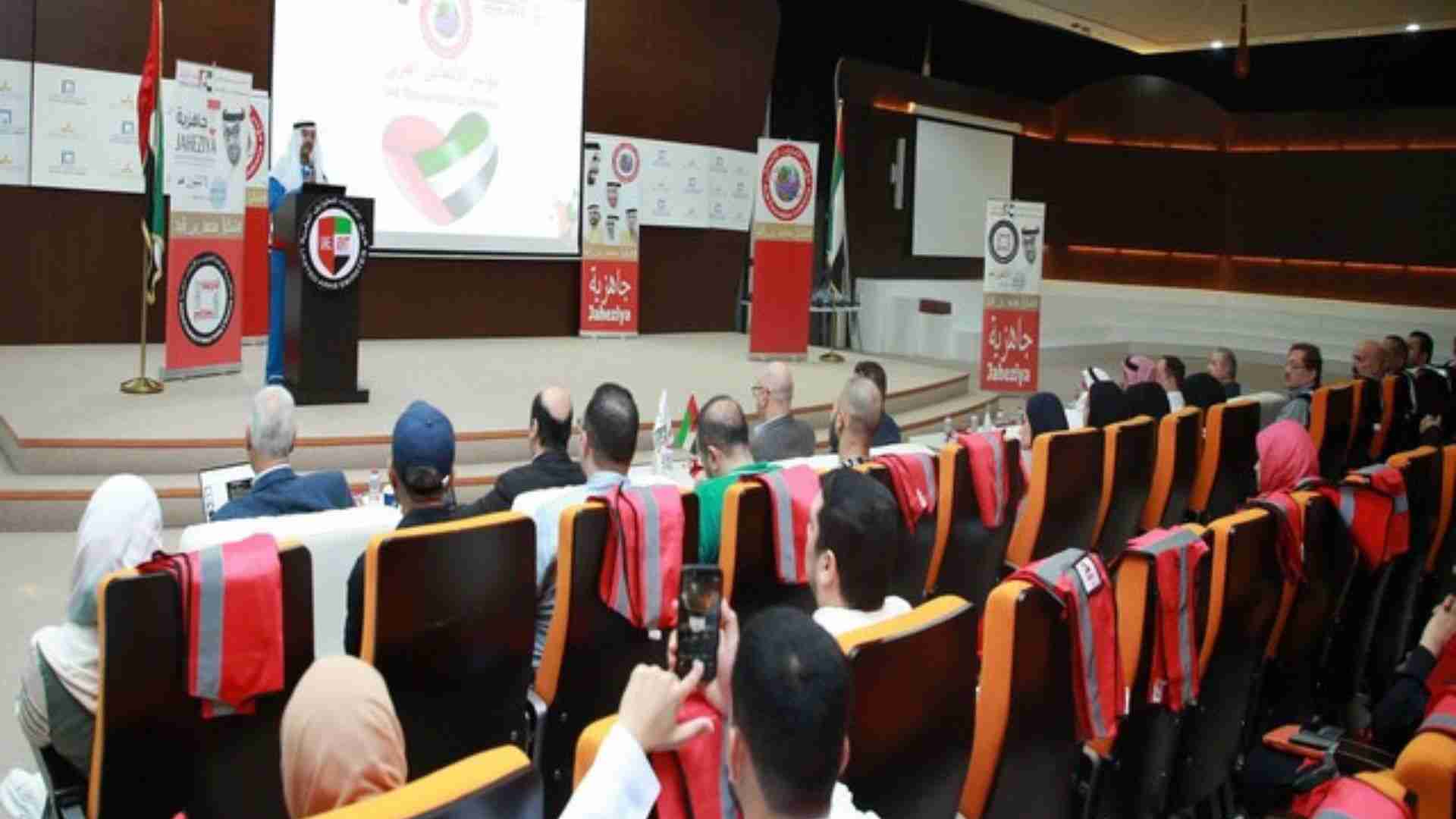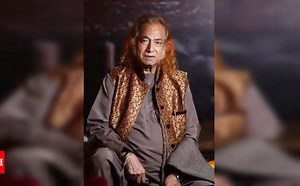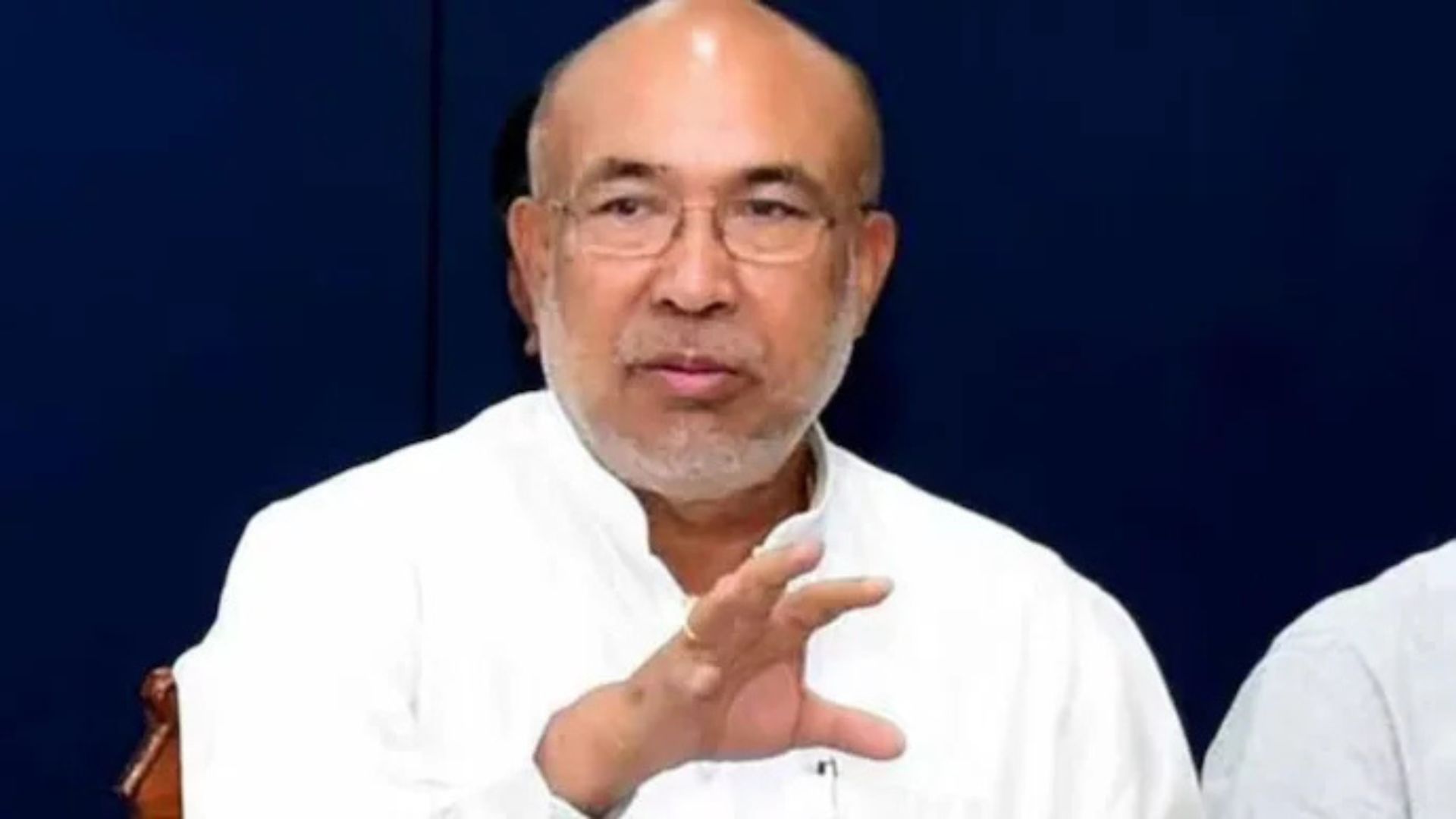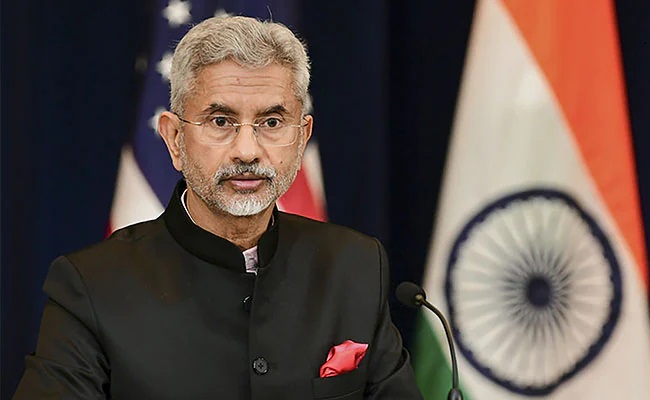
External Affairs Minister S. Jaishankar made a verbal attack against Pakistan in an interview with a popular Austrian TV show in Vienna, calling Islamabad the “epicenter of terrorism”. The foreign minister also hit out at the European countries for not condemning Pakistan. “When we speak about judgments and principles, why don’t I hear sharp European condemnation of these practices that have been going on for decades?” he said. During a joint press briefing with Austrian Foreign Minister Alexander Schallenberg, Jaishankar said that the impacts of cross-border terrorism cannot be limited within a region, especially when they are deeply linked to the drugs and illegal weapons trade, as well as other forms of international crime. Jaishankar’s remarks acquire significance amid Pakistan’s clearly visible attempt to divert the focus of the international community away from terrorism emanating from the territories under its control. Recently, it has been noticed that Pakistan played victim card on terrorism at the various world forums, amid the resurgence in jihadist activity by Tehreek-e-Taliban Pakistan (TTP) on its north-west border with Afghanistan. The Pakistani government noticeably sought to garner global support in favour of Islamabad on the issue of terrorism, playing the victim card as part of its diversionary tactic. A couple of statements showing sympathy for Pakistan came from the US and some other European countries. So, keeping this strategy of Pakistan in mind, Jaishankar used the opportunity given by the TV interview in a European country to highlight where the problem of terrorism actually lies. The Foreign Minister sought to bring the focus back to Pakistan as the epicentre of terrorism. At the same time, he seized the opportunity to point out how European countries are going soft on Pakistan over terrorism. Jaishankar’s clear message is that the global community should not buy Pakistan’s story that it is a victim of terrorism itself. The world must know that instead of hitting hard at the crux of the problem, Pakistan is trying to use violence on the border with Afghanistan to shift the global attention of the global community away from terrorism being harboured by it actually. The international community is perhaps very well aware that the TTP shares a deep ideological connection with the Afghan Taliban which is a proxy of Pakistan’s security establishment itself. It won’t be any exaggeration to say that Pakistan is today confronted by a variant—of what it happily promotes and harbours on its own soil—terrorism. Over the last few months, terror outfits like the Tehreek-e-Taliban Pakistan (TTP), the Islamic State and the Gul Bahadur Group have carried out daring attacks. If terrorism in the AfPak region has received a fillip, Pakistan should also be held accountable for that. Indian security establishments are of the view that the terrorists belonging to TTK are in fact emboldened by the fact that Pakistan is itself involved in patronising terror elements on its own territories. That’s why Jaishankar hit out at Pakistan during the interview, expecting the global community to look through the falsehood that Pakistan is spreading. “If terrorist camps operate in broad daylight with recruitment & financing, can you really tell me that Pakistan doesn’t know this? Especially, they are being trained in military-level, combat tactics,” Jaishankar remarked, signalling to the world that Pakistan cannot be given a clean-chit on terrorism under any circumstances. Pakistan’s support for terrorists is no secret now. There are reports that the alliance between the Afghan and Pakistani Taliban is getting stronger than ever, as a result of this, Kabul is not taking any tough action against the TTP. So, the question is as to why Pakistan is not able to pressure the Taliban regime to take action against the TTP, despite the fact that the ISI and Pak army are said to have sound rapport with the Taliban rulers. On the contrary, what is being seen is that Pakistan and Afghanistan are hurling accusations at each other on the issue of crossborder terrorism. Taliban spokesman Zabihullah Mujahid is only issuing a statement, saying that “The Islamic Emirate is trying its best to ensure that the territory of Afghanistan is not used against Pakistan or any other country.” Pakistani Defense Minister Khawaja Asif said that Afghan soil was “being used for cross-border terrorism.” So, there are arguments of this kind between the two sides, with Islamabad working on the agenda of diverting the entire global focus away from terrorism on its own soil. This is something that New Delhi must continue to expose on every single global platform of significance.
